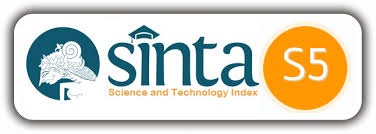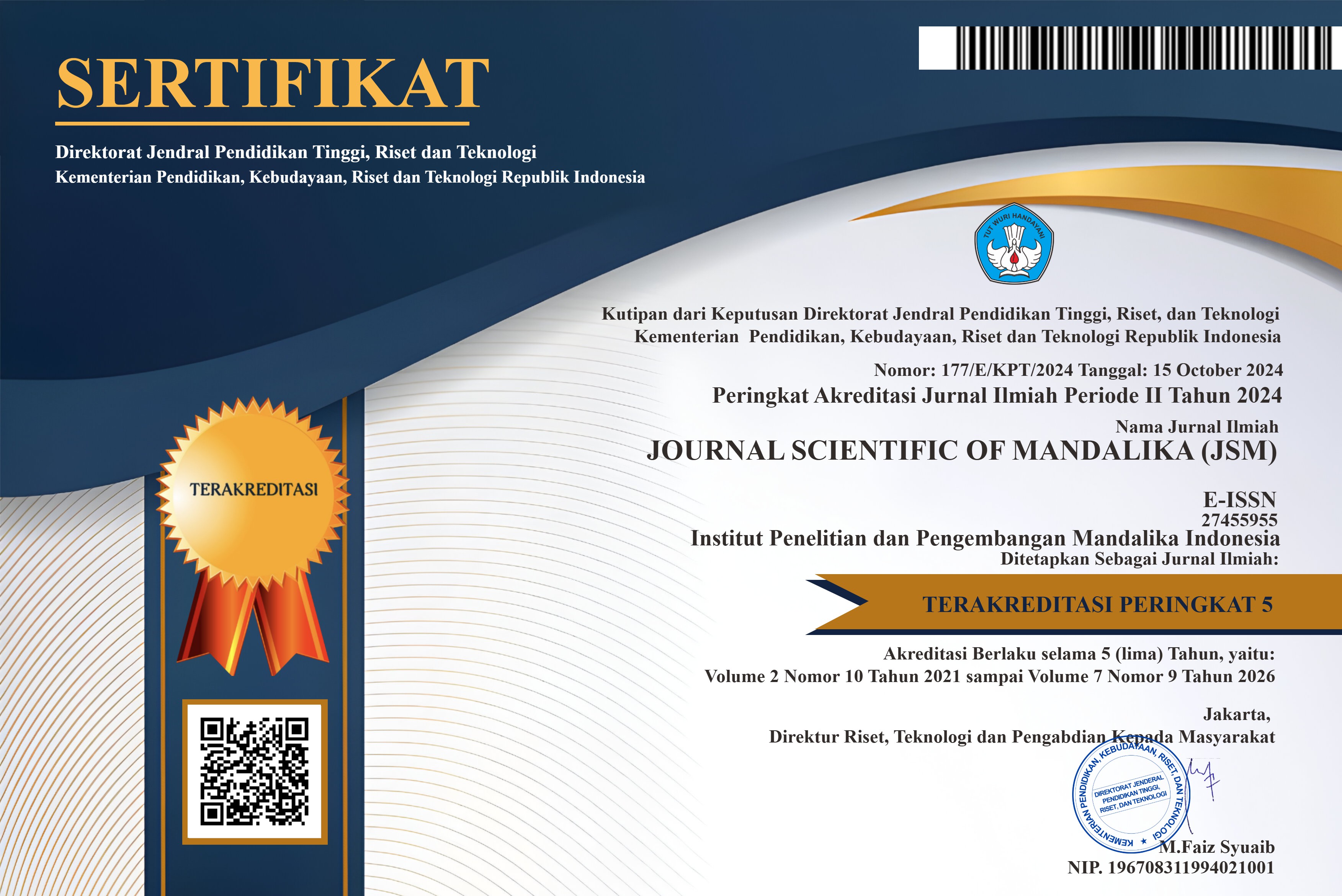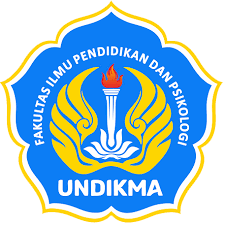Analisis Dampak Kebijakan Publik Terhadap Aksesibilitas Layanan Mypertamina di SPBU Kecamatan Kawangkoan
Abstract
This research analyzes the implementation of fuel service digitization policy through MyPertamina application at Kawangkoan Subdistrict Service Station. Using a qualitative approach and case study method, the research collected data through in-depth interviews of 20 users, 4 gas station managers, and 2 related agency officials, as well as field observations. The findings of the study reveal that this policy has successfully increased transparencyof prices) and reduced queues but faces serious challenges in terms of accessibility. Many users experience difficulties due to low digital literacy, compounded by unstable internet infrastructure and lack of socialization. This research reinforces the digital divide theory and shows the mismatch between policy design and the real conditions of local communities. The implications of the research highlight the importance of a more inclusive policy approach, by recommending: (1) strengthening digital infrastructure, (2) targeted digital literacy programs, and (3) hybrid policy mechanisms that maintain conventional service options. The findings provide an important contribution to the formulation of digital-based public policies in semi-urban areas with similar characteristics
References
Braun, V., & Clarke, V. (2006). Using thematic analysis in psychology. Qualitative Research in Psychology, 3(2), 77-101. https://doi.org/10.1191/1478088706qp063oa
Creswell, J. W. (2014). Research design: Qualitative, quantitative, and mixed methods approaches (4th ed.). Sage Publications.
Easton, D. (1965). A Systems Analysis of Political Life. Wiley.
Fukuyama, F. (2013). Political Order and Political Decay: From the Industrial Revolution to the Globalization of Democracy. Farrar, Straus and Giroux.
Hetherington, M. J. (2005). Why Trust Matters: Declining Political Trust and the Demise of American Liberalism. Princeton University Press.
Hootsuite (2020). Digital 2020: Indonesia Report. Diakses dari https://www.hootsuite.com
Jenkins, H. (2014). Participatory Culture in a Networked Era. Polity Press.
Kaplan, A. M., & Haenlein, M. (2010). Users of the World, Unite! The Challenges and Opportunities of Social Media. Business Horizons, 53(1), 59-68.
Kusuma, I. P. (2019). Kepercayaan Publik terhadap Pemerintah: Studi Kasus di Indonesia. Jurnal Ilmu Sosial dan Politik, 23(2), 103-120.
Ladd, J. M. (2012). Why Americans Hate the Media and How It Matters. Princeton University Press.
Lorenzo, S. (2019). Social Media as a New Communication Tool. International Journal of Communication, 13(1), 115-128.
Mishler, W., & Rose, R. (2001). What Are the Political Consequences of Trust?. Comparative Political Studies, 34(1), 1-29.
Prasetyo, A., & Wijaya, S. (2022). Digitalisasi Kebijakan Publik di Daerah Semi-Urban: Tantangan dan Solusi. Jurnal Administrasi Negara, 15(3), 210-225.
Putnam, R. D. (2000). Bowling Alone: The Collapse and Revival of American Community. Simon & Schuster.
Rizki, M. (2021). Media Sosial sebagai Sarana Komunikasi Pemerintah dan Masyarakat selama Pandemi COVID-19. Jurnal Sosial Politik, 14(1), 45-58.
Sasongko, S. (2020). Penggunaan Media Sosial dalam Penyampaian Kebijakan Pemerintah: Studi Kasus pada Kebijakan Pemerintah Indonesia selama Pandemi COVID-19. Jurnal Ilmu Sosial dan Politik, 24(1), 50-65.
Suyanto, D. (2017). Kepercayaan Publik terhadap Pemerintah dalam Konteks Ketimpangan Sosial. Jurnal Kebijakan Publik, 5(1), 85-100.
Tiggemann, M., & Slater, A. (2013). NetGirls: The Internet, Facebook, and Body Image Concern in Adolescent Girls. International Journal of Eating Disorders, 46(6), 630-634.
Tuten, T. L., & Solomon, M. R. (2017). Social Media Marketing. Pearson Education.
Zeng, Y. (2020). Personalization Algorithms and Social Media Experience. Journal of Digital Media, 19(4), 77-92.
Copyright (c) 2025 Rebecca Christy Mowilos, Ismiati Essing, Yemima Otuluwa

This work is licensed under a Creative Commons Attribution-ShareAlike 4.0 International License.













